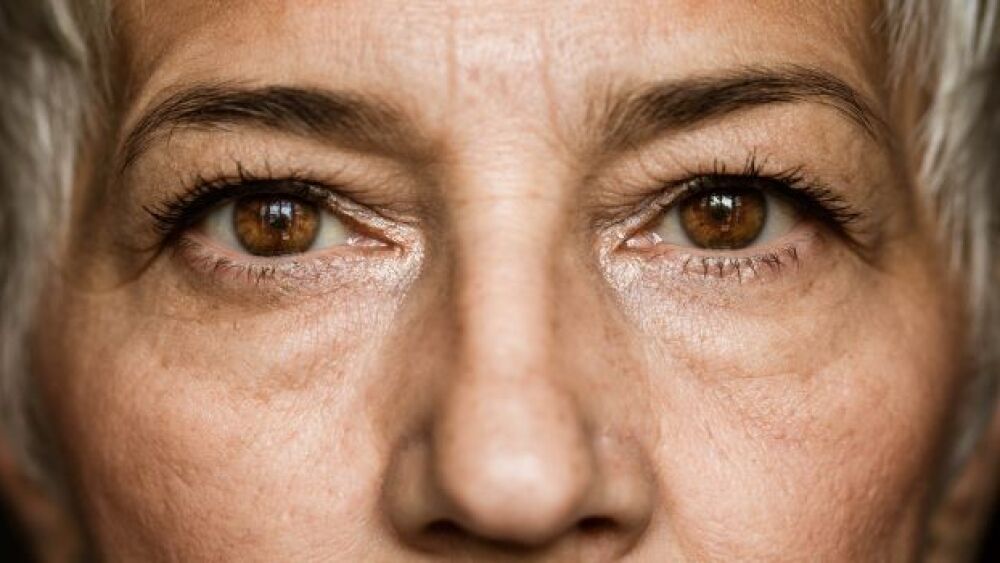Orasis Pharmaceuticals announced that its eye drop candidate CSF-1 met all primary and key secondary endpoints in Phase III clinical trials. CSF-1 is intended to treat presbyopia.
Orasis Pharmaceuticals announced that its eye drop candidate CSF-1 met all primary and key secondary endpoints in Phase III clinical trials. CSF-1 is intended to treat presbyopia.
Presbyopia is an age-related eye condition in which the eyes gradually lose the ability to see things clearly up close. The condition is caused by the lens, a part of the eye that changes shape to focus light on the retina to produce vision, becoming more rigid over time, particularly after 40 years of age. The rigid lens makes it difficult to see things up close and causes difficulties with reading and other close-up tasks. There is no way to stop or reverse presbyopia, and treatments include wearing eyeglasses, contact lenses or surgery to repair the lens.
Orasis is bringing a new approach to the treatment of presbyopia with its novel eye drop candidate CSF-1. In Phase III clinical trials, which enrolled 613 patients aged 45-64 with presbyopia, CSF-1 achieved its primary endpoint of achieving a 3-line or more gain in distance-corrected near visual acuity, assessed by using a standardized chart that shows letters of the alphabet in decreasing sizes. Additionally, there was no loss of 1-line or more after being dosed.
Across the two studies, 40% and 50% of participants demonstrated these gains one hour after being dosed on day one of the studies. On day 15 of the study, participants achieved visual gains as early as 20 minutes after being dosed, with results lasting for up to eight hours. The eye drops also demonstrated an excellent tolerability and safety profile, with the most common treatment adverse events reported being headache and installation sight pain.
“These statistically significant and clinically meaningful results are promising as eye care providers are eager to find alternate treatment options to improve quality-of-life for their patients with presbyopia, many of whom rely solely on reading glasses, which can be cumbersome,” said Edward Holland, M.D., professor of ophthalmology, University of Cincinnati and Director of Cornea, Cincinnati Eye Institute. “Based on the efficacy and excellent tolerability demonstrated with such a minimum effective dose, I would see CSF-1 as a clear place to start many presbyopia patients.”
Based on its results, Orasis plans to submit the data as part of a New Drug Application to the U.S. Food and Drug Administration in the second half of 2022. The company also plans to initiate a safety study for CSF-1 to provide strategic options for the therapy. Additional details of the trials are slated to be presented at future medical meetings, according to Orasis.
CSF-1 is the solution of pilocarpine hydrochloride and a multi-faceted vehicle for delivering the therapeutic to the eye. The eye drop works by improving visual acuity through pupil modulation, causing the pupil to shrink, which helps to increase the depth of field, increasing the ability to see things up close and focus on near objects. CSF-1 does not compromise night vision or distance vision and provides the minimum effective dose of pilocarpine hydrochloride.





